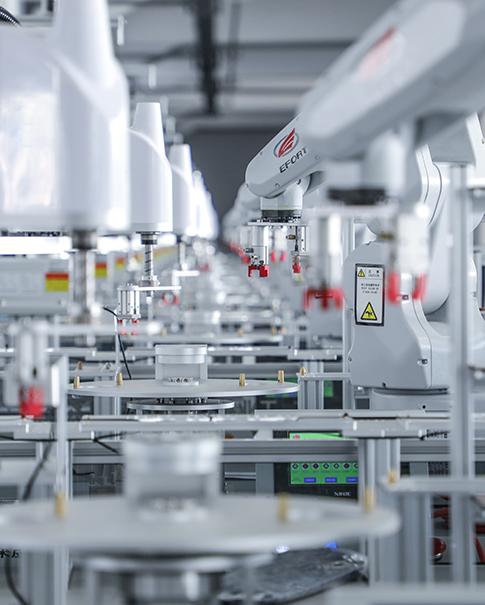Traditional hard PLCs are dedicated, self - contained devices. They come with built - in hardware components like a central processing unit (CPU), memory, input/output (I/O) modules, and power supplies, all encased in a rugged housing designed to withstand harsh industrial environments. These PLCs are programmed using specialized software, often with languages such as ladder logic, function block diagram, or structured text. They have long been the workhorse of industrial automation, known for their reliability, stability, and the ability to operate continuously in demanding conditions. For example, in a large - scale chemical plant, where there are high levels of vibration, extreme temperatures, and electrical interference, a hard PLC can operate without a hitch, ensuring the smooth running of complex chemical processes.
On the other hand, soft PLCs are software - based control systems that run on standard off - the - shelf hardware like industrial PCs or servers. Instead of relying on dedicated hardware components, the functionality of a soft PLC is achieved through software algorithms and programs. This allows for greater flexibility in terms of hardware choice and can be easily integrated with other software applications and IT systems. Soft PLCs also support a wide range of programming languages and can take advantage of the processing power and memory capabilities of modern computers. They are often used in applications where more advanced data processing, communication, and integration with enterprise systems are required.
Soft PLCs, while potentially having a lower initial hardware cost as they can run on standard PCs, come with their own set of cost factors. The software license for the soft PLC itself can be costly, especially for more feature - rich versions. Moreover, since they rely on computer hardware, there is a need for regular software updates and hardware upgrades to keep up with technological advancements and security requirements. This can result in higher long - term costs, especially in environments where continuous operation and security are of utmost importance.
Traditional hard PLC manufacturers are not sitting still. They are constantly improving the performance of their products, enhancing processing speeds, increasing memory capacities, and adding more advanced communication capabilities. They are also integrating new technologies such as cybersecurity features to protect against modern threats. These advancements ensure that hard PLCs remain competitive in many industrial applications and can still meet the evolving needs of industries, especially those that prioritize stability and simplicity.
Soft PLCs are leveraging the rapid advancements in computing technology. They are incorporating artificial intelligence (AI) and machine learning (ML) algorithms to enable more intelligent control and decision - making. The ability to connect with the Internet of Things (IoT) devices allows soft PLCs to gather and analyze data from a wide range of sources, leading to more optimized industrial processes. As software development tools become more user - friendly and powerful, the ease of programming and customizing soft PLCs is also increasing, making them more accessible to a wider range of users.
Email us
Reply within one working dayVisit us
32D Guomao Building, No.388, Hubin South Road, Siming DistrictDisclaimer : Salesplc sells new and surplus products and develops channels for purchasing such products. This website has not been approved or recognized by any of the listed manufacturers or trademarks. Salesplc is not an authorized distributor, dealer, or representative of the products displayed on this website. All product names, trademarks, brands, and logos used on this website are the property of their respective owners. The description, explanation, or sale of products with these names, trademarks, brands, and logos is for identification purposes only and is not intended to indicate any association with or authorization from any rights holder.
Copyright @2024 SalesPlc Limited. Sitemap
/ Blog
/ XML
/ Terms And Conditions
/ Privacy Policy
 Network Supported
Network Supported
